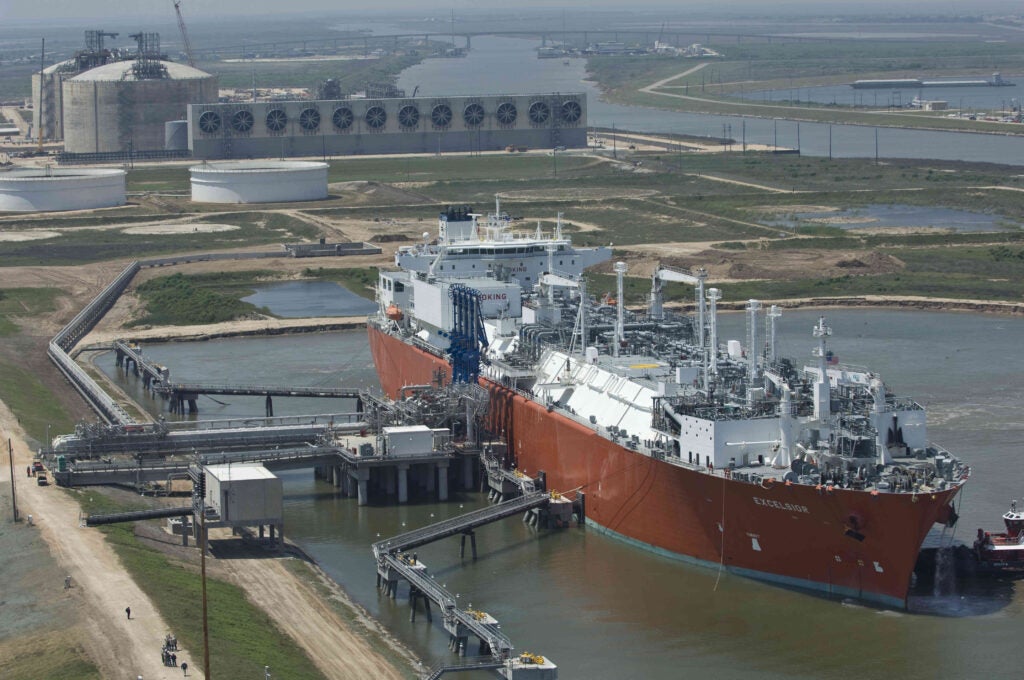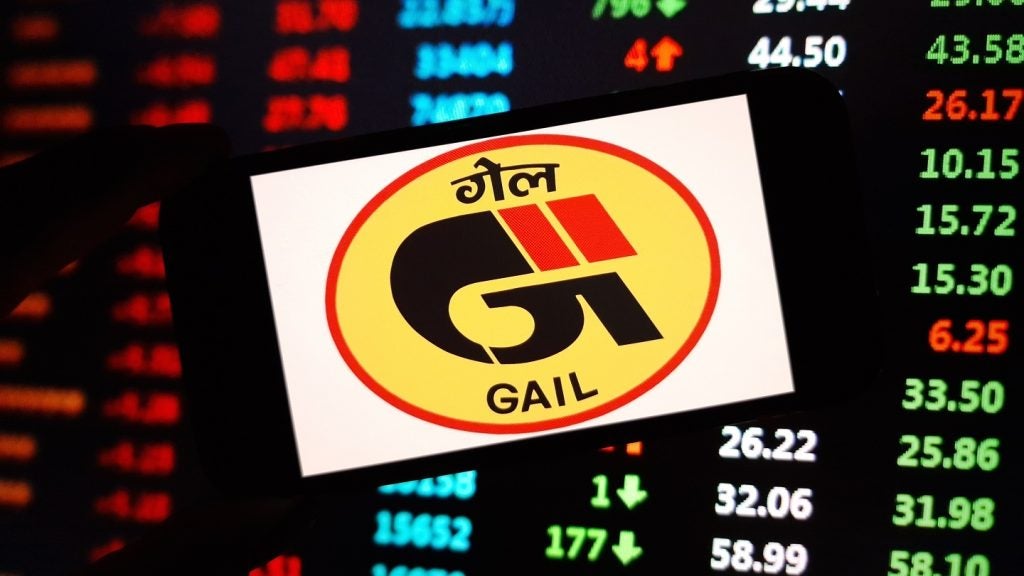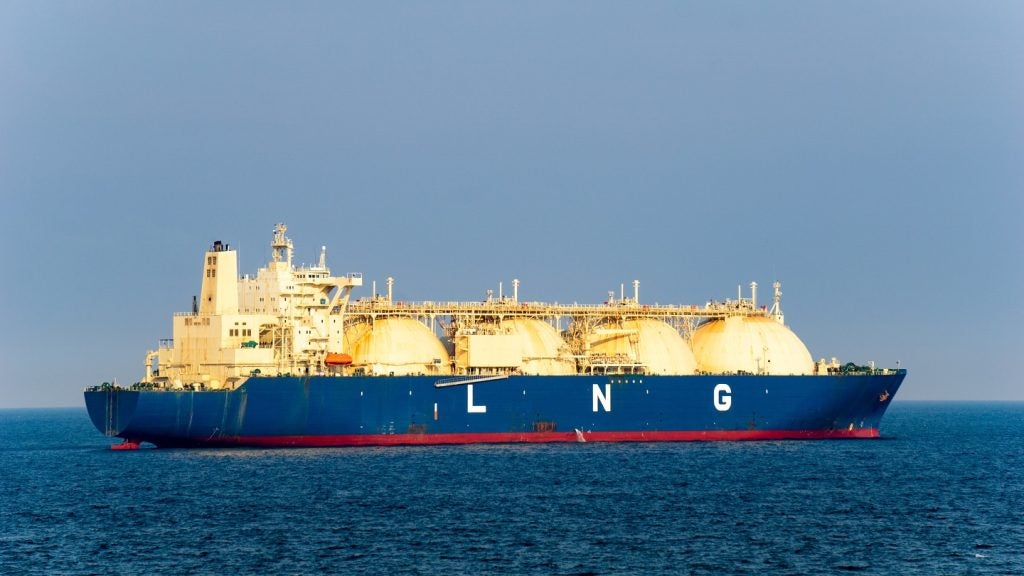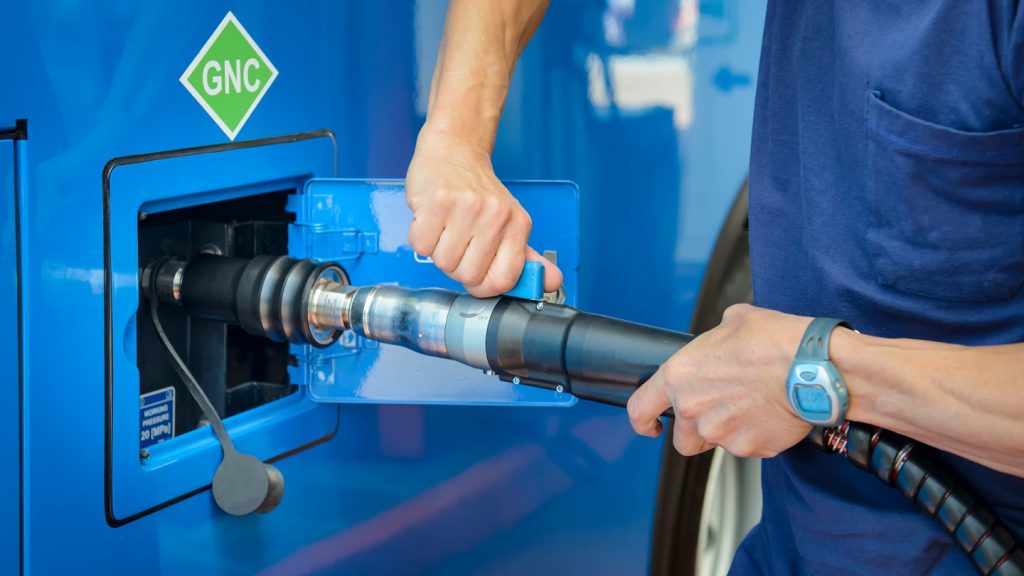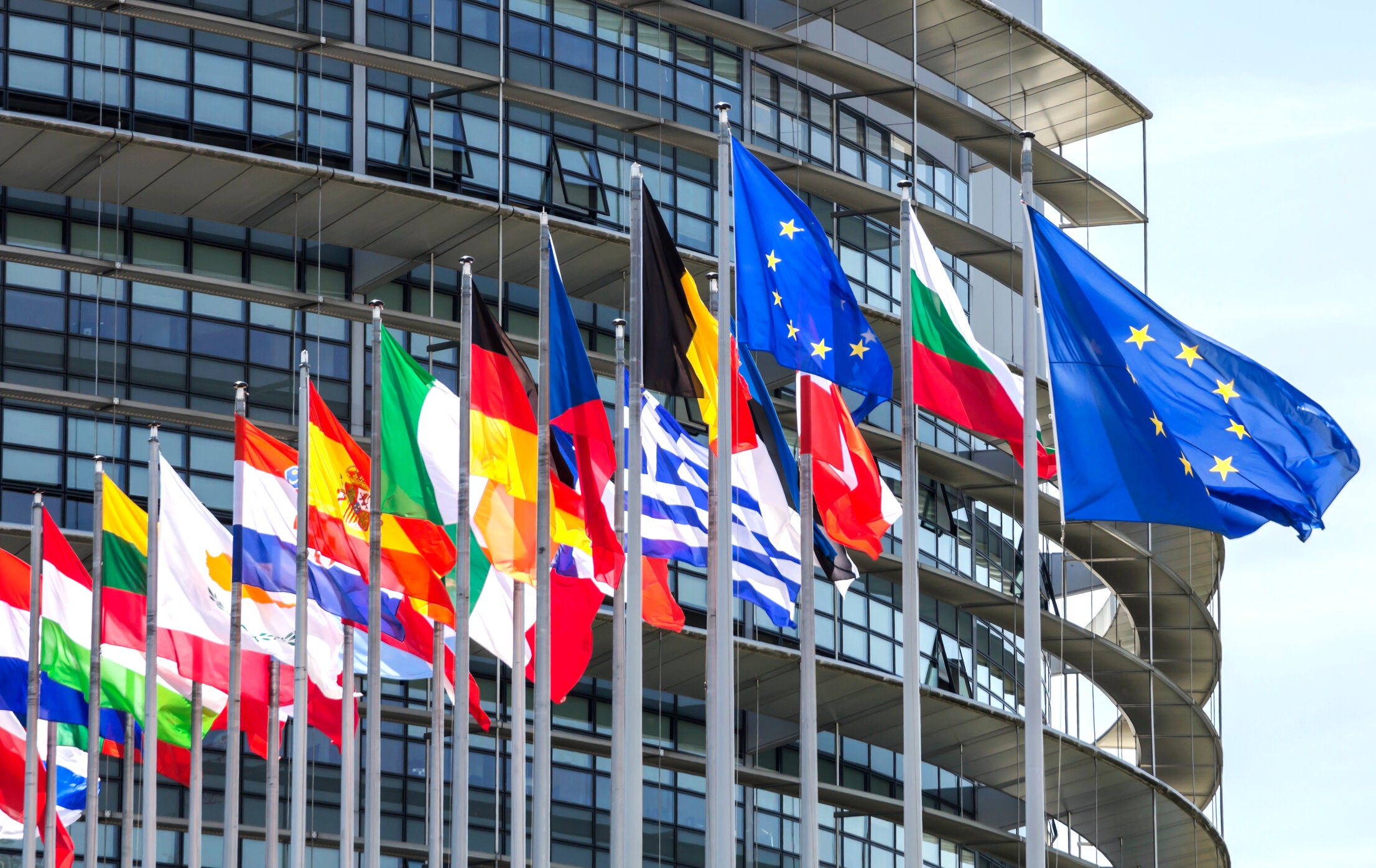
Energy ministers from EU countries agreed on Tuesday to seek a legal route to stop Russian companies sending liquified natural gas (LNG) to member nations. This will likely come by preventing Russian fuel firms from booking infrastructure capacity.
Countries suggested that new rules for the EU gas market should include the option for governments to officially stop Russian and Belarusian gas exporters. Proposals include banning Russian and Belarusian companies from bidding up-front for capacity on the infrastructure needed to deliver LNG to Europe.
The plans are yet to be taken to the European Parliament, where negotiations will likely take months. If approved, they would provide a way for countries to stop Russian LNG imports without the need for sanctions, which are politically more difficult to push through.
EU leaders previously pledged to stop usage of Russian LNG as part of tightening sanctions on Moscow as its invasion of Ukraine continues. Europe’s pipeline imports of gas from Russia have dropped significantly since the start of the war. However, LNG imports increased last year to 22 billion cubic metres (bcm) from 16bcm in 2021.
Support and opposition to Europe’s LNG plans
In support of the plans, Lithuanian vice minister for energy Albinas Zananavicius told Reuters that the proposals would avoid situations in which LNG infrastructure designed to help countries move away from Russian gas was being used to import more instead.
See Also:
“You build the infrastructure to get rid of the supplier who manipulated your [gas] markets and caused great difficulties to you, and then you accept the same supplier through LNG? There’s something wrong with the logic,” he said.
How well do you really know your competitors?
Access the most comprehensive Company Profiles on the market, powered by GlobalData. Save hours of research. Gain competitive edge.

Thank you!
Your download email will arrive shortly
Not ready to buy yet? Download a free sample
We are confident about the unique quality of our Company Profiles. However, we want you to make the most beneficial decision for your business, so we offer a free sample that you can download by submitting the below form
By GlobalDataA senior aide to Hungarian Prime Minister Viktor Orban said in October that Hungary would not support the new market plans, which also include low-carbon gas rules. Hungary has frequently objected to restrictions on trade with Russia throughout its invasion of Ukraine. Earlier this month, Orban admitted that the country’s relationship with Russia might need to be re-thought in the long run.
“I understand the need to rebuild Russian-European relations after the war but that’s far from realistic,” Orban said via Bloomberg. “That’s why Hungary’s foreign and economic policy need to think hard about what sort of relations we can establish and maintain with Russia in the next 10 to 15 years,” he added.
The EU’s caps on Russian crude oil trade have been in place since December, attempting to minimise the money Russia can make from sales of its oil. As a result, Russian exports of oil to Asia, particularly to India and China, have increased dramatically this year.



